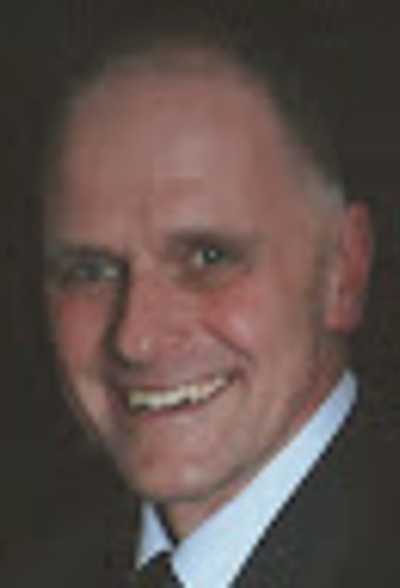Martin Davis
Martin Davis
EngD Student
EngD Title: Effective Vehicle Attribute Delivery at Jaguar Land Rover
What was your background and what made you decided to study for a EngD at WMG?
As a leader at an automotive manufacturer, after 25 years at the company, I was looking to improve the delivery of our team in response to the increasing demands we were facing whilst respecting the business constraints. I engaged in the Engineering Doctorate programme to enable the appropriate rigour in support of the required transformation as over the years I had observed initiatives that influenced the symptoms, but failed to secure a sustained difference. I did not want to inflict another ineffective variant on an already change weary group.
Tell us a about your research project - what were you working on and in what area?
Initially I expected the research to be the identification of lean wastes, benchmarking alternative sectors and designing interventions to address the issues. The discovery phase of my research however changed this direction in recognition of the significance of the human interactions and ‘complex process of relating’. I was able to demonstrate an implementation of a resilient operating model that was more aligned to the human psychology of those involved in the delivery. The resultant outcome was a ‘team of teams’ that were able to deliver more throughput for the business and with increased wellbeing and satisfaction as demonstrated anecdotal feedback and a statistically significant shift in the culture using the competing values framework.
How did you find the experience of studying for your EngD? Was it what you expected? Any advice for future students?
The experience of studying for the EngD was very positive in terms of the support offered by the University but challenging in terms of maintaining the required momentum whilst preserving my position at my employer. At times I found myself distracted by ‘business as usual’ as opposed to my research. My academic supervisor (Dr Jeff Jones) was extremely skilled at enabling the required latitude for the project to take me where the research indicated, but offering guidance where I was straying ‘too far off track’. I found the academic writing particularly difficult, having become accustomed to PowerPoint presentations in my working life.
My key advice would be:
- Be open to change ~ the research will probably challenge your biases and take you in unexpected directions …. Enjoy the ride!
- Maintain a close relationship with your academic supervisor. The level of reflective conversation they can offer is more valuable than you may realise at the time.
- Enrol in the academic writing course as soon as possible. It changes the way you think as well as write. Thanks go to Dr Mihai Balanescu for his patience in getting an engrained engineer to write in English!
- Hang on in there - the last year may feel particularly difficult, but the graduation and subsequent credibility you can command in your chosen field make it worthwhile
- When preparing for your Viva - reach out to the academic coaches. Again the advice offered by Dr Mihai Balanescu made the whole process feel less daunting. (In the end I actually enjoyed it).
Where are you now? What are your plans?
I am still currently employed by JLR, but having become more comfortable with complexity, unpredictability and change, I am keeping my options open.
Where did you find out about your research degree?
I was aware of the EngD programme from colleagues, but an email from our technical academy was the catalyst for my engagement and discussion with Professor Kerry Kirwan.

